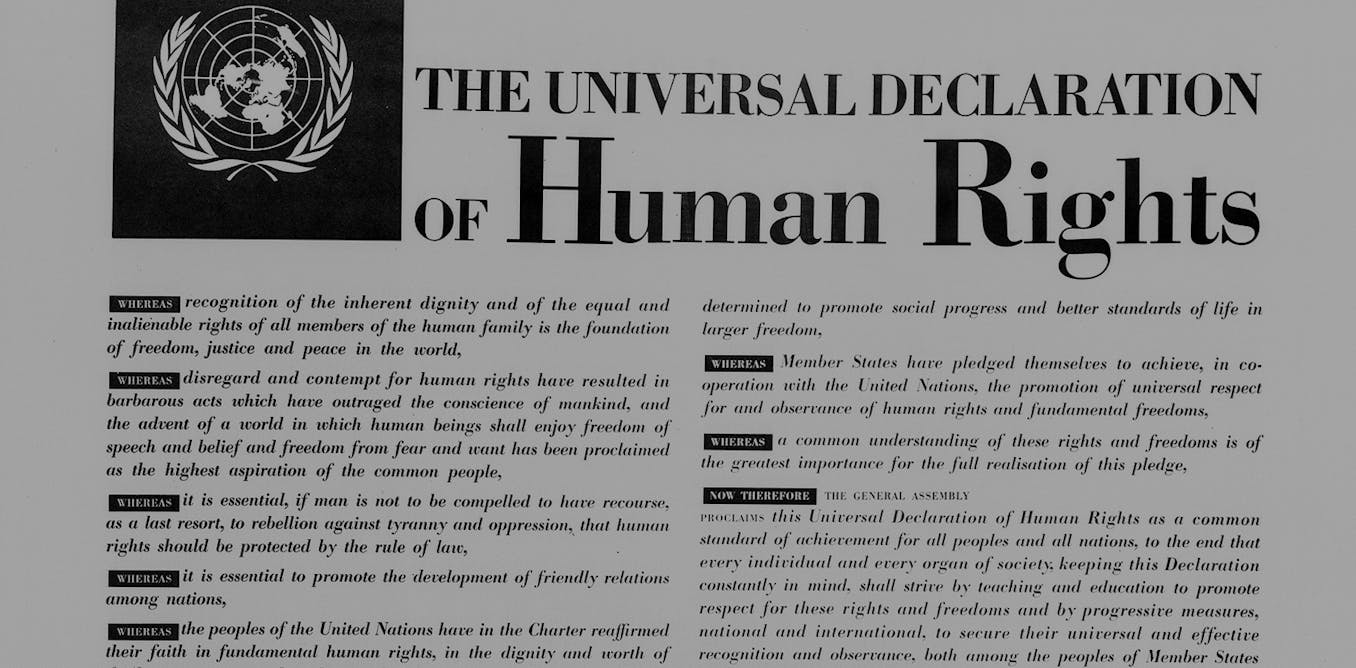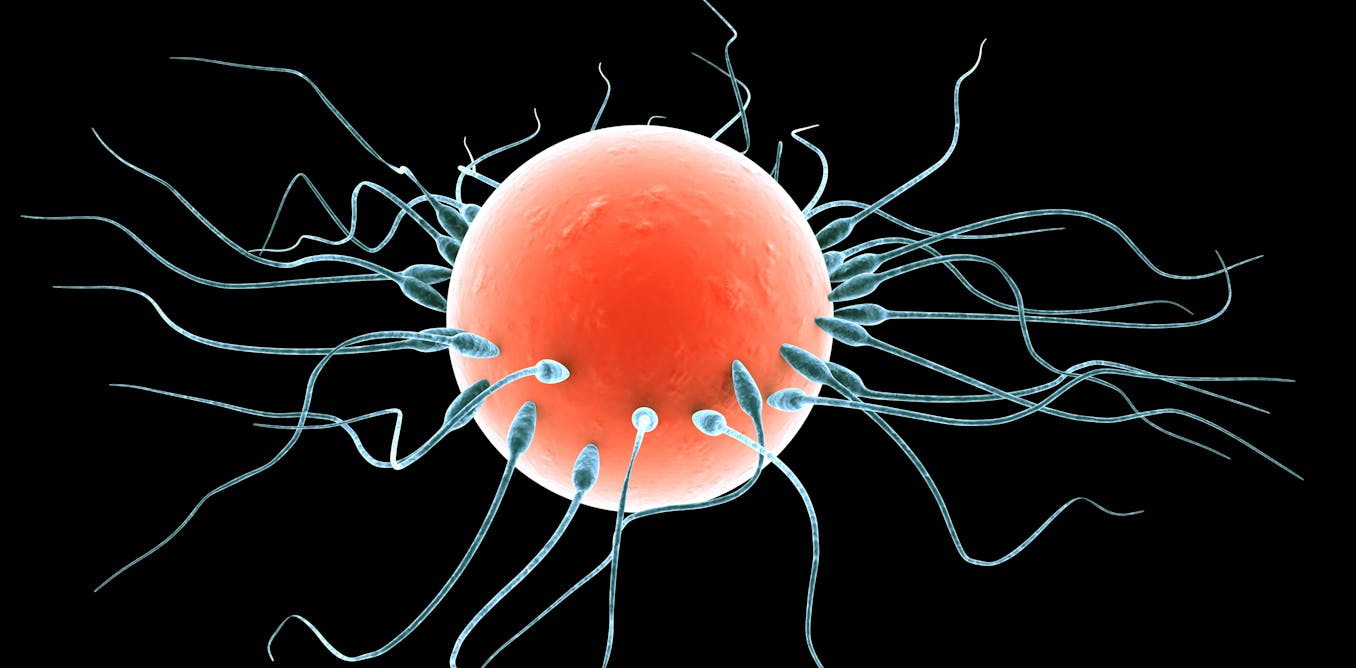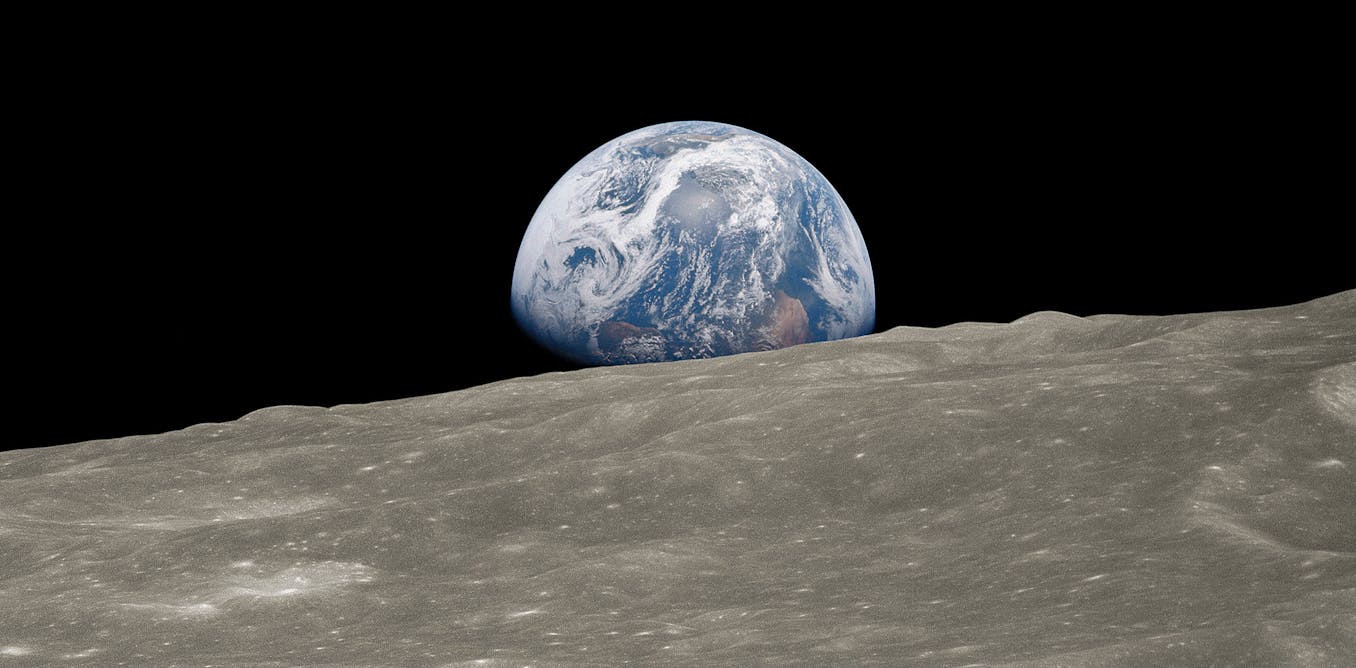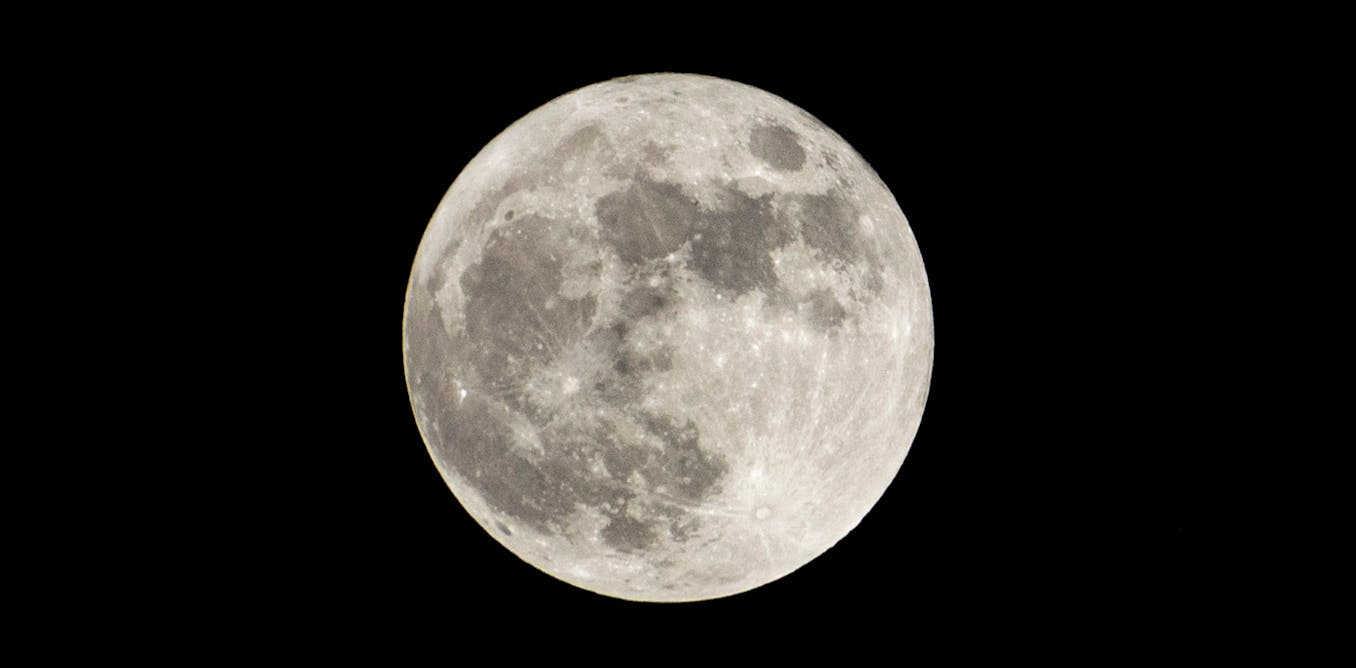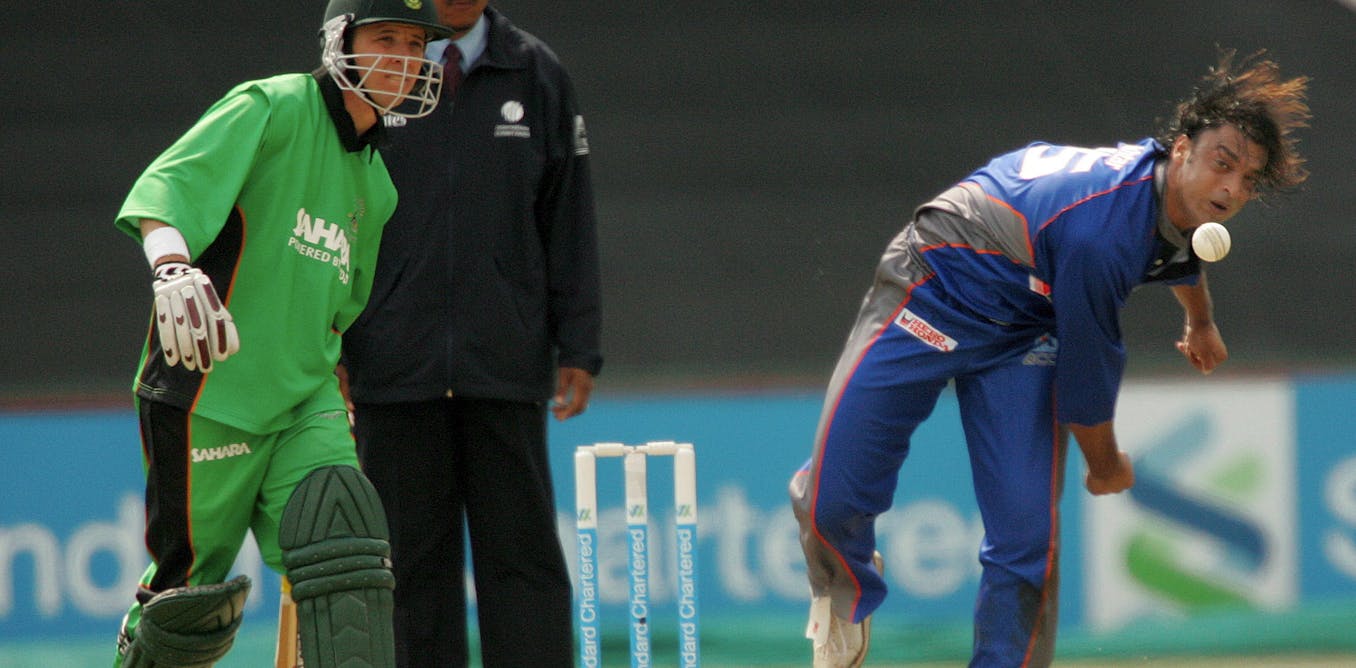Lighting a fire using friction requires an understanding of some physics principles − but there are ways to make the process easier
You may have seen contestants on reality shows like “Survivor” make fire using friction, but do you know the physics behind the process?
Dec. 14, 2023 • ~9 min




